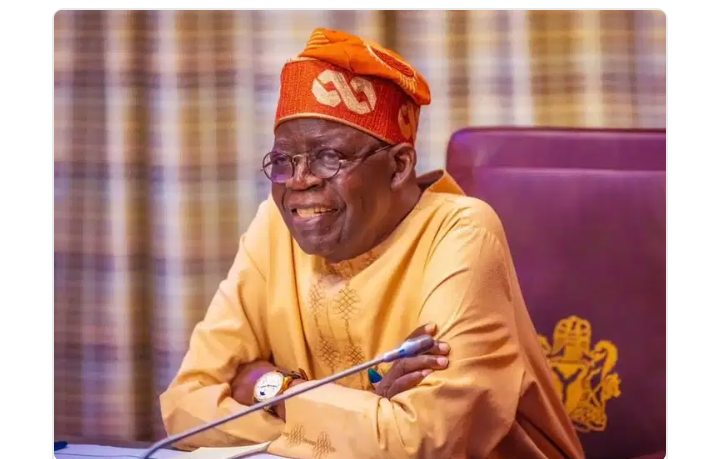

More in News
-


News
“Eid al-Adha: Hon. Tochukwu Ogbodo Celebrates Enugu Muslims, Applauds Their Support for Gov. Mbah”
Muslims all over the world, especially in Enugu State, have been urged to use this year’s...
-


News
“Enugu North Local Government to Partner with NDLEA in Curbing Hard Drug Menace”
In the quest to eradicate drug abuse and addiction to hard drugs in Enugu North Local...
-


News
China Issues Warrants for 20 Taiwanese Hackers, Bans Dealings with Pro-Independence Company
TAIPEI, Taiwan — China has issued warrants for 20 Taiwanese individuals, accusing them of hacking missions...
-


News
On the 4th of June 2025, we launched the 4-day Digital Literacy Training exercise for the verified teachers who will be taking the qualifying tests to teach at the Smart Schools across Enugu North Local Government Area.
As the doors to the Enugu Smart Schools prepare to open in September 2025, this training...
-


News
Enugu North LGA and Genesys Tech Hub Launch SkillUp Project – A Gateway Into Tech for Beginners!
Are you an indigene or resident of Enugu North LGA with dreams of starting a career...







